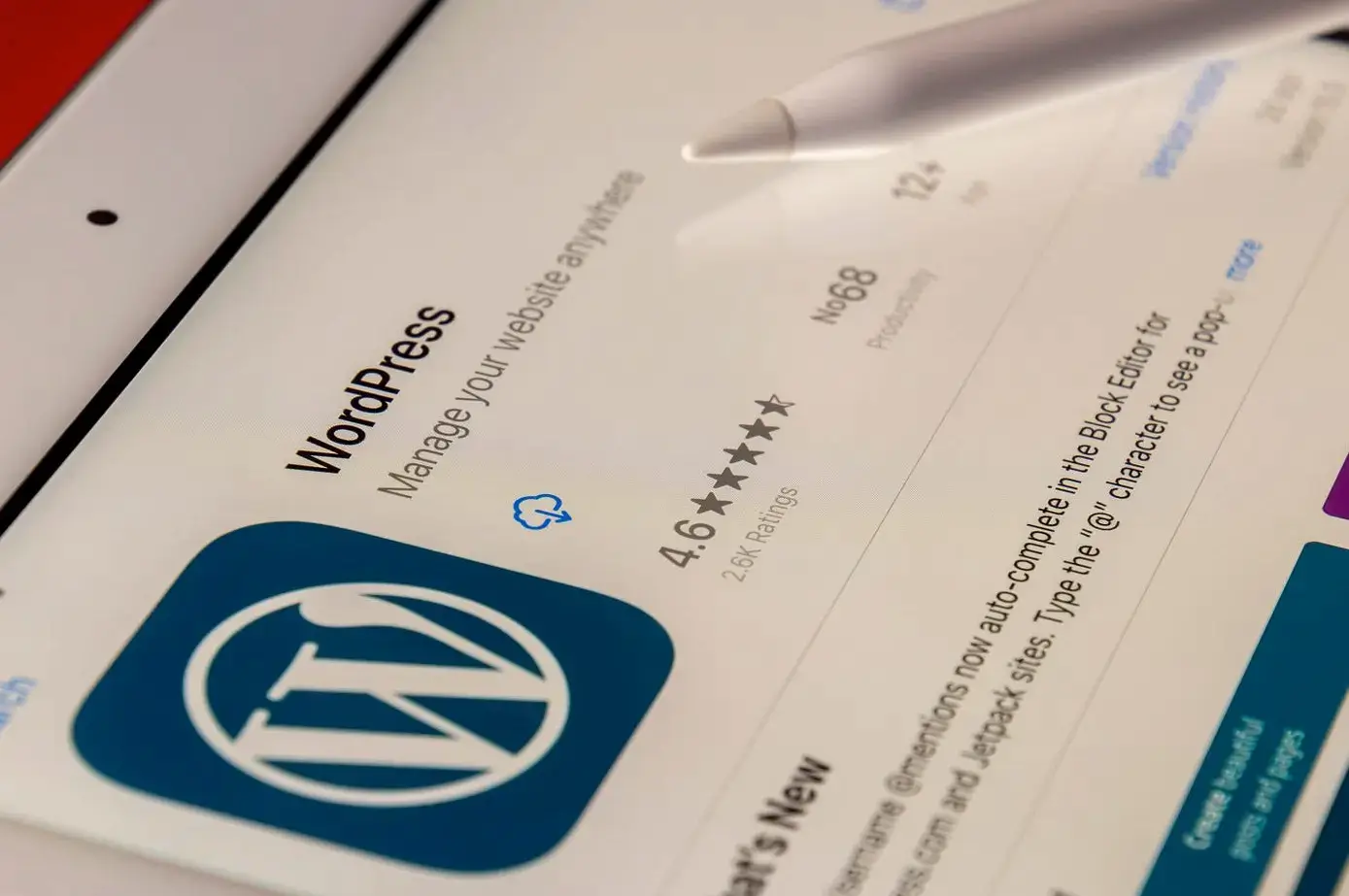WordPress powers a massive 861 million websites, including a hefty proportion of retail platforms, so it's a big player and a common choice for small businesses!
*Updated 7/26/2024
However, is WordPress good for eCommerce websites if you're not a developer, and is it compatible with the best popup for website conversions? Let's take a look.
The Pros and Cons of a WordPress eCommerce Site
Now, let's clarify that WordPress isn't specifically designed for digital retail - it can be a good option, but a lot depends on your business and what you want from your site.
-
Pros of selling through a WordPress site
- You get stacks of compatible WordPress plugins and add-ons (more on those shortly!).
- There are dozens of templates to build pages with on-brand style, colors, and themes.
- The SEO tools are good, provided you pick a plugin to help you rank in the SERP.
The good news is that if you're wondering how to improve my eCommerce website, every high-performance plugin is compatible, whether you want to tackle cart abandonment or ramp up your customer experiences.
-
Cons of selling through a WordPress site
Plugins are the backbone of building a great WordPress website, so you'll need to scout for add-ons with the right functionality regardless of your content and graphics.
WordPress itself doesn't facilitate eCommerce transactions, so you will need to buy a plugin before making a sale (WooCommerce is one of the most popular).
The primary pitfalls are that some must have WordPress plugins don't work together well, particularly if they have an overlapping feature or tool!
It can also take hours to search through available plugins, and it is very easy to miss out on a fantastic feature because you've skipped past it in the enormous library of options.
Read more about creating a comments box in HTML
Average Cost of Creating and Running an eCommerce Site
So, what does an eCommerce website cost - and is WordPress competitive?
WordPress is free, open-source software, so you can use it for any website. However, it would help if you also thought about:
- Hosting - the storage space servers where your site 'lives,' costs around $15 a month.
- Domain name - your site address. Domains range from very cheap to hugely expensive, depending on the competition for the words you'd like to use.
- Website design - WordPress has a library of freebie templates, but you'll need to pay a developer or web designer if you want something customized.
- Plugins - you get access to over 59,000 free plugins, but some more complex add-ons or advanced functions carry a third-party charge.
The typical US retailer spends anywhere from $500 to $3,000 creating an initial WordPress site, but you can make it more economical.
Upgrading to WordPress Pro costs about $20 a month, and includes a custom domain free for the first year, WooCommerce, and unlimited plugins, so it's a great option for startup businesses that don't have a big budget to spend.
Best of all, you'll be able to create a fully-functioning eCommerce website in just a few hours. Our advice?
Choose your plugins wisely, take your time to refine the WordPress design themes on each page, and focus on great quality imagery and product descriptions.



